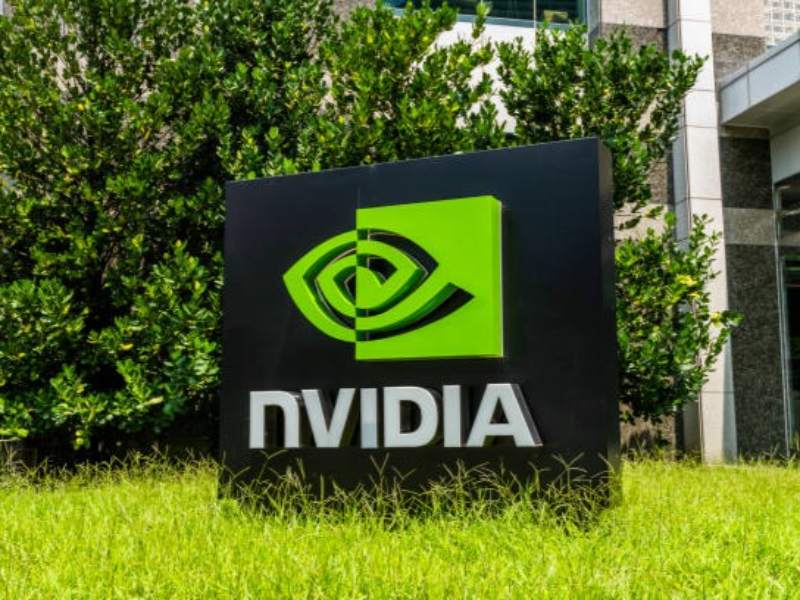- Nvidia is developing a version of its new “Blackwell” AI chips, named the “B20,” specifically for the Chinese market to comply with U.S. export controls.
- Nvidia will work with major distributor partner Inspur, a leading cloud computing and big data service provider in China.
OUR TAKE
Nvidia customised chips for China in order to meet the needs of the Chinese chip market under the premise of compliance. In the meantime, U.S. efforts to keep China’s technology behind have spurred Chinese high-tech enterprises. Despite trade restrictions, China’s AI industry is rising and seeking technological independence from Nvidia. It remains to be seen whether the policy will have the effect it was originally intended to have.
–Jasmine Zhang, BTW reporter
What happened
Nvidia is developing a version of its latest flagship AI chips for the Chinese market that complies with current U.S. export controls, according to three sources familiar with the matter.
The AI chip giant’s “Blackwell” chip series, announced in March, includes the B200, which is 30 times faster than its predecessor in tasks like chatbot responses. Nvidia plans to collaborate with Inspur, a major distributor in China, to launch and distribute the chip, tentatively named the “B20.”
Washington tightened its export controls on advanced semiconductors to China in 2023 to prevent supercomputing advancements that could aid China’s military. Since then, Nvidia has created three chips specifically for the Chinese market. Nvidia and Inspur have not commented on the development.
Also read: Google, Microsoft offer Nvidia AI chips to China
Also read: Nvidia set to make $12B from AI chip sales in China
Why it’s important
The United States is trying to keep China’s products and technologies one or two generations behind, but this has actually brought a spur to Chinese high-tech enterprises. China’s AI industry is on the rise, coupled with the United States trade restrictions, but China’s AI ecology is not fully tied to Nvidia, to fulfill its goal of technological independence, the effect of the policy in the end, still need time to test.
Nvidia’s strategic move to develop the B20 AI chip for China, designed to adhere to U.S. export controls. As geopolitical tensions shape the tech industry, Nvidia’s adaptation showcases a savvy blend of compliance and market capture.
However, this also raises provocative questions about the future of tech innovation under political constraints. Will such tailored solutions dilute technological advancements? Moreover, this situation spotlights the escalating tech rivalry, as both superpowers strive to outpace each other in AI and supercomputing capabilities. Nvidia’s maneuver, though pragmatic, underscores a broader narrative of how political forces increasingly dictate tech trajectories.

